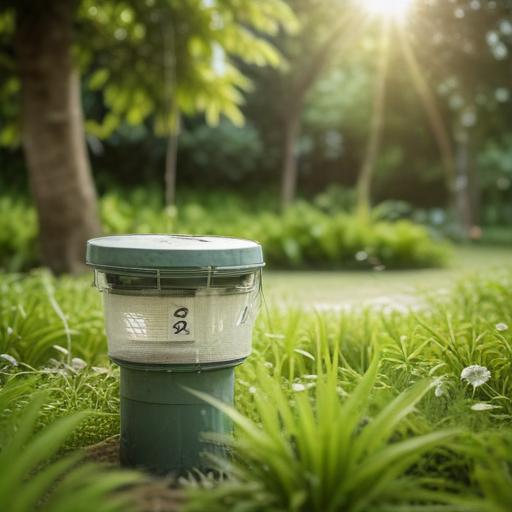Traditional dengue control methods, such as fogging, are increasingly proving ineffective due to the rising resilience of Aedes aegypti mosquitoes in spreading the disease. Data from the Ministry of Health shows that Malaysia has reported 122,323 dengue cases and 117 fatalities in 2024, which reflects a slight decrease of 0.53% in cases compared to the previous year, but alarmingly, a 17% rise in deaths.
In 2023, dengue ranked as the third most common communicable disease in Malaysia, behind Covid-19 and hand, foot, and mouth disease. Experts suggest that traditional fogging mainly eliminates adult mosquitoes but fails to address the eggs and inadvertently affects other species like tadpoles and frogs. Prof. Dr. Zulkifli Ismail, a key figure in dengue prevention advocacy, emphasizes this point, stating that fogging alone has not significantly reduced dengue incidence.
Dr. Zamberi Sekawi from Universiti Putra Malaysia highlights the Aedes mosquito’s feeding behavior as a contributing factor to efficient virus transmission. These mosquitoes feed intermittently, allowing them to infect multiple individuals rapidly. Additionally, their eggs show remarkable resistance to drying, remaining viable for up to six months, making them difficult to control.
Given the limitations of conventional strategies, Malaysia is now looking to innovative methods such as the release of Wolbachia-infected and genetically modified mosquitoes. Initial implementations in over 10 localities have reportedly resulted in a 50 to 80% reduction in dengue cases.
The experts also pointed out that many households tend to neglect water collection areas outside their homes, which are prime breeding grounds for mosquitoes. They stress the importance of community involvement in mosquito control, urging local councils and event organizers to minimize single-use plastics to prevent improper waste disposal.
Dr. Benedict Sim, an infectious disease consultant, underscores the need for vigilance. The presence of Aedes mosquitoes is indicative of nearby breeding grounds that must be addressed. He, along with specialists, recommends taking proactive steps: eliminate mosquito breeding sites, use preventive measures against bites, get vaccinated, and seek early medical treatment when necessary.
By taking collective action and embracing emerging technologies, Malaysia hopes to effectively combat the dengue epidemic in the years to come.
